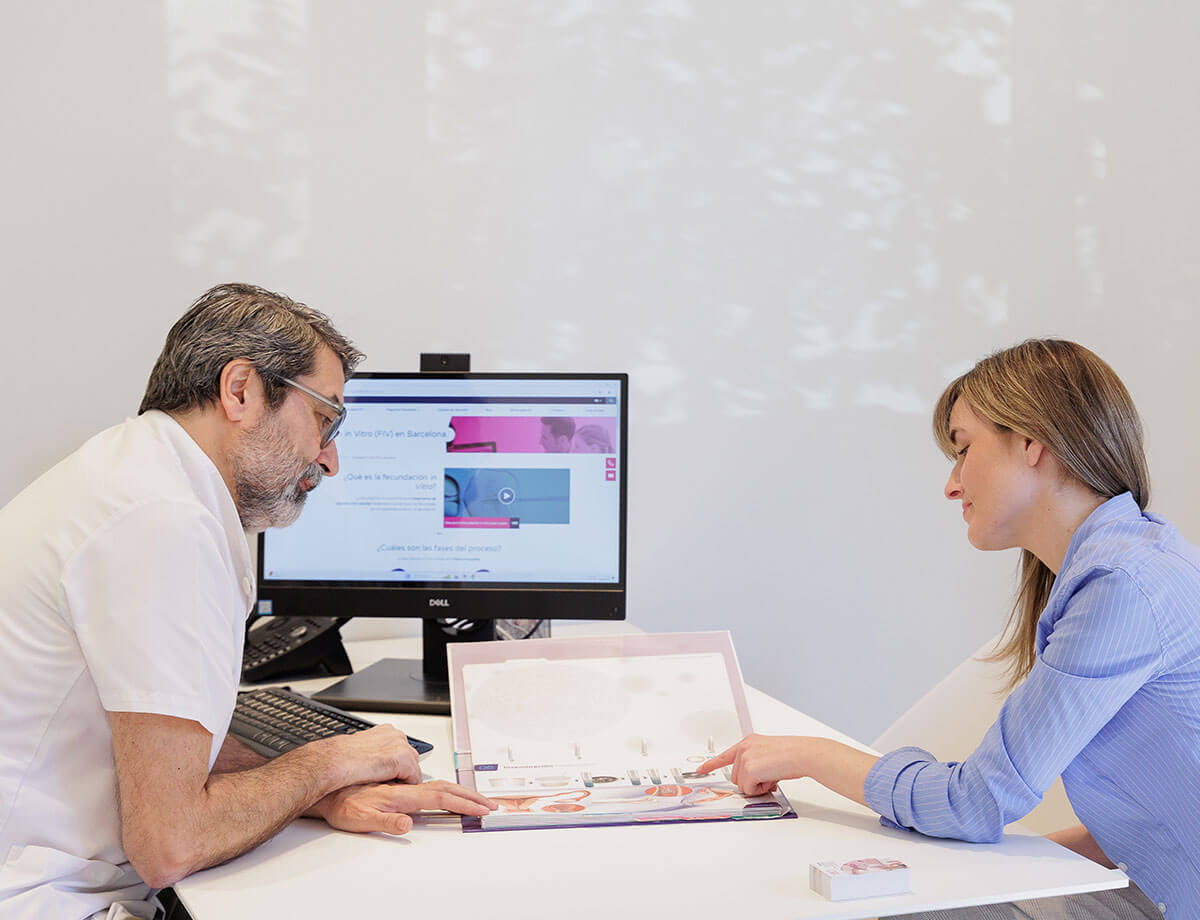What can I do if I have a low ovarian reserve?
Treatment for low ovarian reserve depends on the couple’s medical history, the results of the remaining diagnostic tests and, above all, the woman’s age. In cases of very low ovarian reserve where it is not possible to collect their own eggs, egg donation is the recommended treatment.


